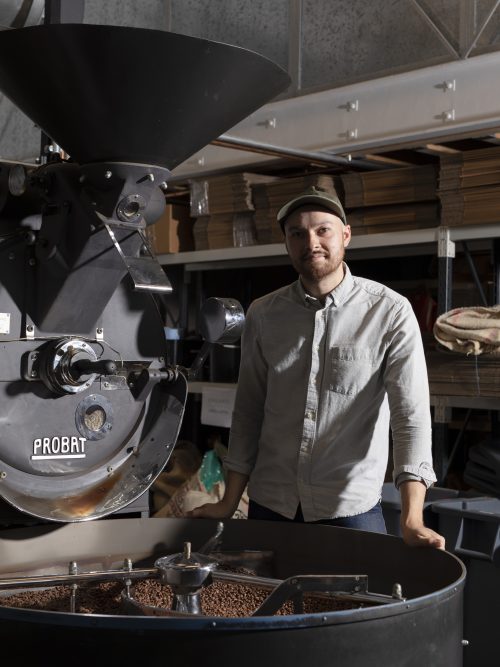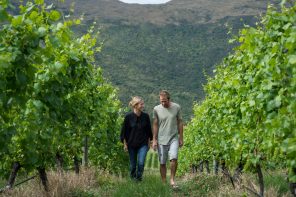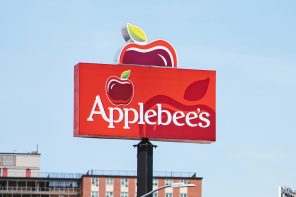James Gilling is Ozone Coffee’s production and fulfillment supervisor, or as he likes to call himself - coffee roaster.
“I’m originally from the northeast of England, where I was a barista. I’ve worked in coffee for almost a decade now, in many roles, and have progressed into wholesale.
“I’ve been roasting for just over two years now and have loved every hot minute.”
Coffee is an incredible product that touches many skillsets, from design and packaging to food science and global trade, which is what Gilling loves.
“Each day at work can be extremely varied and fast-paced; all centred around a product we get to taste and celebrate. What’s not to love?”

Gilling also loves having access to a vast amount of contrasting coffee.
“Being a coffee lover involved in tasting and roasting specialty coffee is amazing. The different processes, countries of origin and annual crops, long term relationships, plus the feeling of being trusted with these is extremely humbling.”
According to Gilling, the characteristics of a great roast is not a one size fits all.
“A roast that maximises the quality of the coffee without tainting it is what I’d call ‘great.’ It’s more about roasting to highlight the work of the farmer, the choices in processing and sourcing with clarity and respect.
“Our goal is to allow the customer to appreciate these parts of the sourcing chain and fuel some conversation.”
Ozone sources organic and FairTrade beans.
“Organic certified coffee suggests that we source a product that treats the ecosystem the coffee grew amongst in a more considered way. FairTrade suggests we treat and pay the humans within that chain in a more considered way.
“Both are excellent goals - we should try to do both at all times. As consumers of coffee, we should always try to understand the true value of what we drink beyond convenience.”
Similarly, the roots of sustainability within the industry is encouraging, said Gilling.
“Transparency is key to empowering customers to make considered decisions about where and how their coffee is grown, transported and brewed. 
“Sustainability is parament to all our operational decisions, both small and large; be that how we source our coffee to how we repurpose our packaging.
“We have a duty and obligation to be a positive force for all the communities we interact with and to foster meaningful change in a thoughtful and enduring way.”
Ozone is also in the process of becoming B-Corp certified.
Sustainability is incredibly important, as climate change continually affects coffee crops.
“Specialty coffee is under existential threat. There’s no way around it. A case in point being the frosts in Brazil which have devasted coffee crops and caused spikes in volatility within the coffee market.
“On a micro level, individual coffee farmers face extremely worsening conditions in an already threatened sector.
“On a macro level, global supply and trade of coffee is facing growing strain and disruption. It’s vitally important we continue to maintain strong, valuable and prevailing relationships with our partners at origin and work with them to highlight this issue to our customers and wholesale clients.”
The covid-19 pandemic has also affected the coffee supply chain.
“In the short-term, the physical movement of coffee globally has been extremely challenging, and we have been fortunate in New Zealand to have operated relatively normally in relation to other territories.
“The pandemic has accelerated rapid change across all aspects of the industry, from travelling to origin to how your morning cup of coffee is physically paid for.
“It’s important more than ever to reach out to each other and ensure that we are doing all we can to support our community and friends.”






